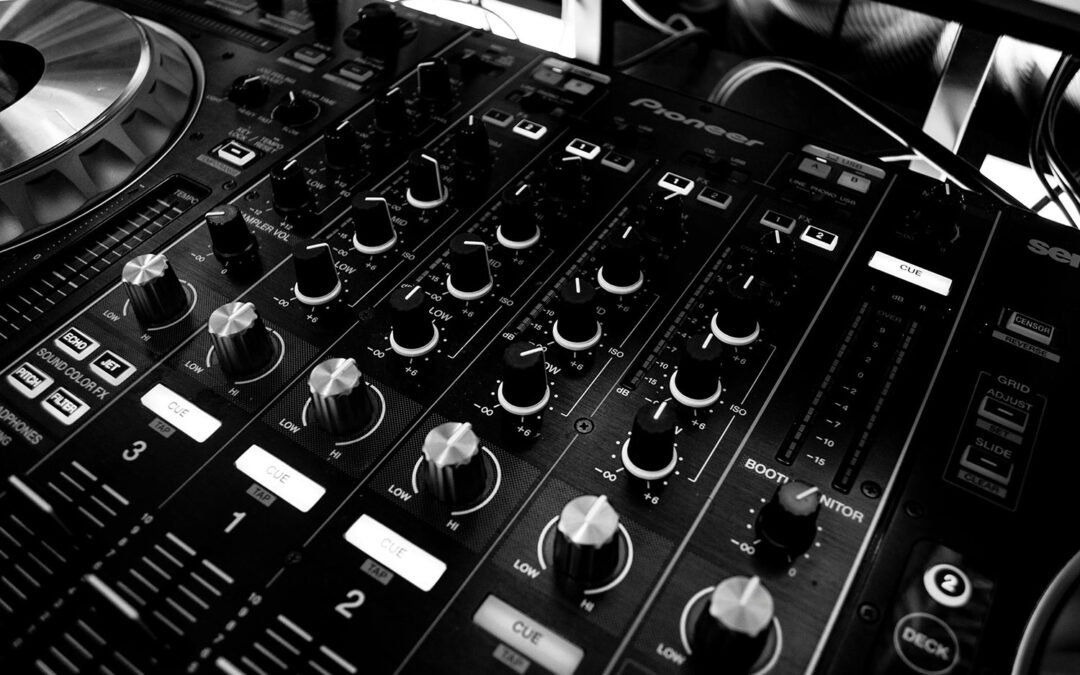If you’ve ever dipped your toes into the world of audio, chances are you’ve come across the terms “audio engineer” and “sound engineer.” At first glance, they might seem like two sides of the same coin—and in many ways, they are. But let’s break it down and explore what makes these roles distinct, yet undeniably intertwined.
The Basics: What Do They Do?
Both audio and sound engineers work magic with sound, but their focus can differ depending on the setting. The primary goal? To ensure that every note, lyric, and sound effect hits your ears exactly as intended—or sometimes better!
Audio Engineers
Think of audio engineers as the studio specialists. Their playground is the recording studio, where they capture, mix, and refine audio to perfection. Whether it’s for a chart-topping album, a gripping podcast, or a film score, these wizards ensure every element sounds crystal clear and balanced. They’re all about post-production finesse—adding effects, tweaking levels, and ensuring the final mix is ready for the world.
Sound Engineers
On the other hand, sound engineers often thrive in live environments. Picture them at a bustling concert or a busy theatre, managing the audio systems in real time. Their job is to make sure the audience hears every note and word without a hitch. From balancing microphones to controlling feedback, sound engineers are the unsung heroes behind live events that sound pitch-perfect.
So, What’s the Difference?
While the two roles share skills and tools, their contexts set them apart. Audio engineers are the meticulous editors, working behind the scenes in controlled environments. Sound engineers, however, are on the frontlines, adapting to unpredictable conditions and making split-second decisions to ensure top-notch audio delivery.
Here’s a quick analogy: if a concert were a football match, the audio engineer would be the coach analysing tactics in the locker room, while the sound engineer would be the striker scoring goals in the thick of the game.
Can You Be Both?
Absolutely! Many professionals wear both hats, moving seamlessly between studio work and live gigs. The skill sets overlap significantly, so a good grounding in one often provides a springboard into the other. The key is adaptability—whether you’re fine-tuning a recording or managing live audio, you’ll need a sharp ear, technical know-how, and nerves of steel.
Why the Confusion?
The terms “audio engineer” and “sound engineer” are often used interchangeably, and to be fair, it’s easy to see why. Both involve working with sound, often using the same gear. But by understanding the nuances, you’ll gain a greater appreciation for the distinct roles these professionals play in creating the audio experiences we all enjoy.
Final Thoughts
Whether you’re booking a professional to mix your latest single or ensure your event sounds incredible, knowing the difference can help you hire the right person for the job. Audio engineers and sound engineers share a love for sound, and their work often overlaps—but their specific expertise can make all the difference depending on your needs.
At the end of the day, both are essential to the world of sound. So, next time you hear a flawless track or enjoy a crystal-clear concert, you’ll know exactly who to thank!
Looking to perfect your audio project or need a pro to manage your event sound? We’ve got the expertise to make it unforgettable—get in touch today!

